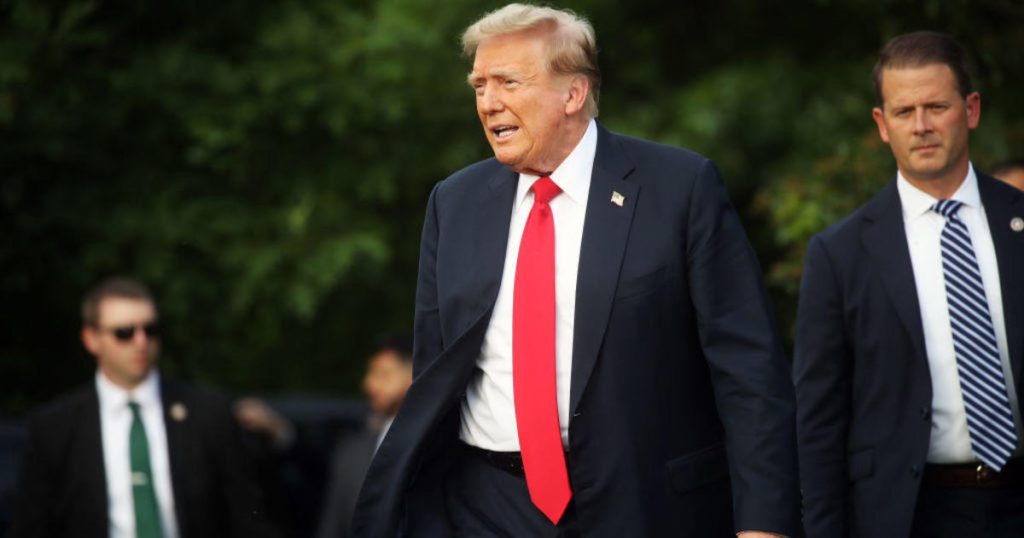Manhattan prosecutors will not face penalties for a last-minute document dump that delayed former President Donald Trump’s hush money criminal trial. Judge Juan Merchan rejected the defense’s request for sanctions, allowing the trial to start on April 15 instead of March 25 to give Trump’s lawyers time to review the nearly 200,000 pages of evidence. Despite claims of prosecutorial misconduct, the judge denied the defense’s bid to delay the case further, dismiss it entirely, or prevent key witnesses Michael Cohen and Stormy Daniels from testifying.
Merchan stated that Trump did not suffer prejudice from the document dump as he and his lawyers had enough time to prepare and respond to the material. The judge reviewed written submissions from both sides, including timelines of evidence disclosure and arguments made at the March 25 hearing. After testimony from 22 witnesses, including Cohen and Daniels, the trial is set to move to closing arguments with jury deliberations expected to follow. Trump’s lawyers had accused Manhattan District Attorney Alvin Bragg’s office of intentionally withholding evidence from a 2018 federal investigation to gain an advantage in the case and harm Trump’s election chances.
During the March 25 hearing, Merchan clarified that the DA’s office was not obligated to collect evidence from the federal investigation, and the U.S. attorney’s office was not required to provide the documents voluntarily. The judge stated that Manhattan prosecutors did not obstruct the defense’s access to documentation, contrary to their claims. The DA’s office denied any wrongdoing and placed the blame on Trump’s lawyers for waiting until January 18 to subpoena records from the U.S. attorney’s office, just nine weeks before the trial was scheduled to start. Trump has pleaded not guilty to charges of falsifying business records related to payments to Cohen, which were allegedly reimbursements for hush money paid to Daniels. Prosecutors claim Trump did this to protect his 2016 campaign by concealing stories of extramarital sex.
Trump’s legal team argues that the payments to Cohen were legitimate legal expenses, not attempts to cover up any wrongdoing. Trump denies having had a sexual relationship with Daniels, and Cohen pleaded guilty in 2018 to federal campaign finance violations in connection with the payoff. He claimed that Trump directed him to arrange the payment, and federal prosecutors appeared to believe Cohen’s allegations, although Trump himself was not charged. The trial marks the first criminal trial of a former president, and after weeks of witness testimony, including from key witnesses like Cohen and Daniels, closing arguments are imminent with jury deliberations expected soon. The Manhattan district attorney’s office declined to comment on the ruling, and there has been no response from Trump’s legal team at this time.


